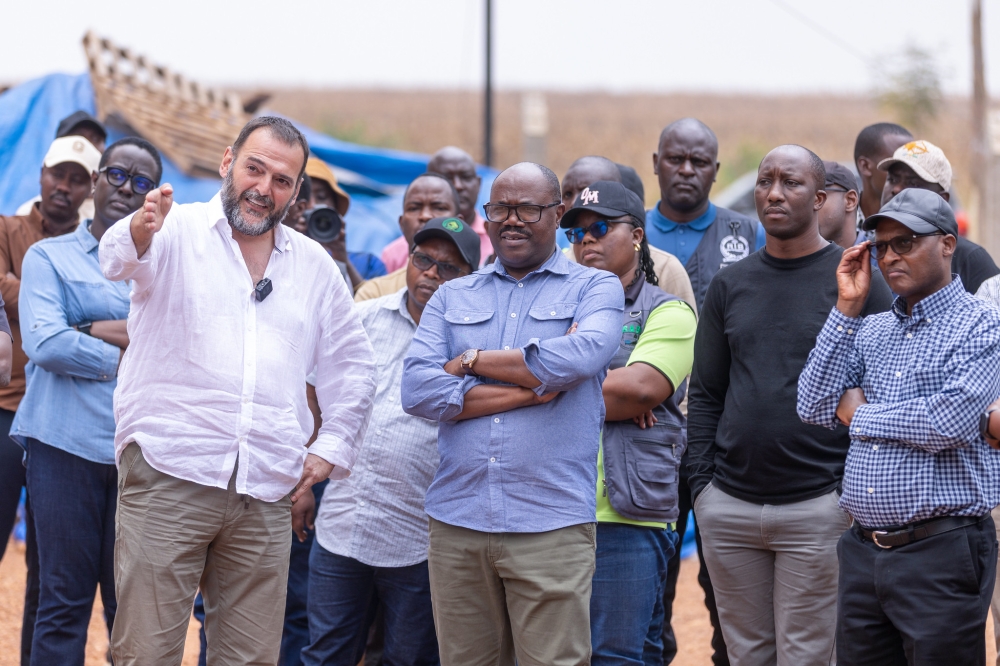SOUTHERN PROVINCE MUHANGA — Members of Parliament have asked students to desist from genocide ideology which has tainted several schools across the country.

SOUTHERN PROVINCE
MUHANGA — Members of Parliament have asked students to desist from genocide ideology which has tainted several schools across the country.
Parliamentarians Alphonsine Mukarugema and Abasi Mukama said students would be instrumental in curbing genocide ideology in schools.
Led by Vice President of the House of Deputies, Denis Polisi, the MPs had visited Groupe Scolaire Shogwe, Ecole Technique de Kabgayi and Bulinga Secondary school- where genocide ideology was said to be prevalent.
"There is need to tackle the problem through discussions with teachers and students because it is evident that some of the students adopt the ideology from parents and teachers," Polisi said on Saturday.
Polisi added: "The students are a key point of focus. They need to be equipped with skills to help them eradicate the ideology…and it calls for heroism and patriotism for one to make the right choices."
During the discussion, students acknowledged the prevalence of genocide ideology in schools, with some noting that the vice is learnt from parents and fellow students.
Other MPs castigated teachers’ failure to provide integral knowledge and counsel their students on unity of all Rwandans.
"It is the primary role of teachers to advise and reach-out to students with a poor historical background….but this requires a combined effort, responsibility and caring attitude among teachers," Mukama said.
Mukarugema urged parents to shoulder the role of promoting unity and reconciliation among students. She challenged students to discard ethnic hatred instilled in them by parents, teachers and community.
The MPs noted that genocide ideology was rife in most schools run by Episcopal Church of Rwanda (EER) and implored the administrators to tackle the problem with immediate attention.
On Gacaca, they also pointed out that corruption among some Gacaca officials and lack of sincerity among witnesses affected justice in the traditional courts.
Ends




